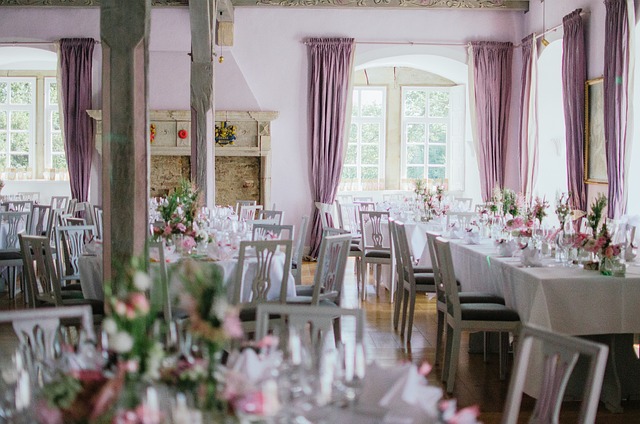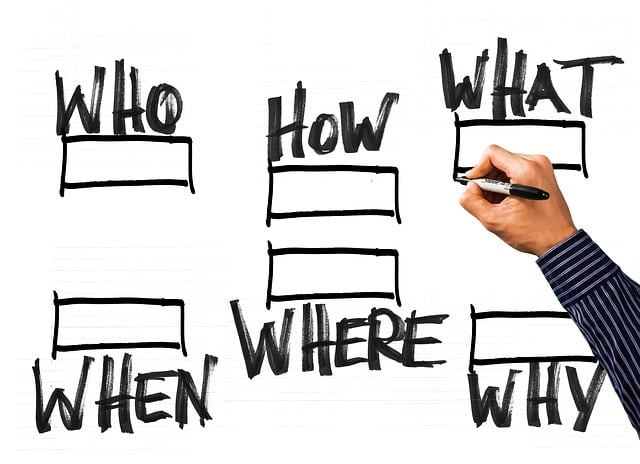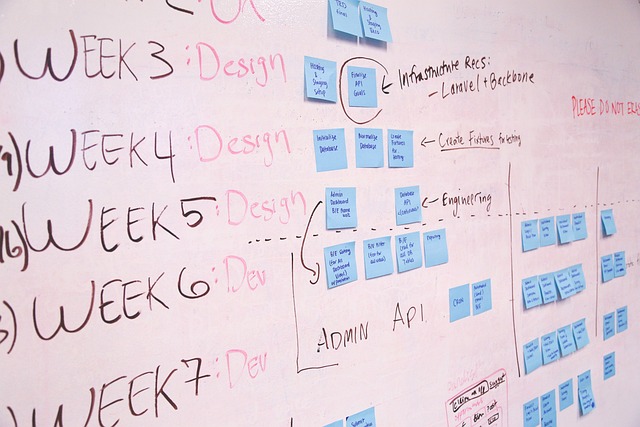TL;DR:
Understanding local demographics, interests, and culture is crucial for Event Planning for Local Businesses. By analyzing these factors, planners create tailored events that foster engagement, loyalty, and community sense. This involves incorporating local themes, inviting community leaders, and offering activities aligned with regional interests. Demographic research guides event design, ensuring inclusivity and attracting a diverse audience. Ultimately, successful planning drives business growth, strengthens community relationships, and fosters partnerships within the local economy.
Local events are powerful tools for businesses to engage their communities, build brand loyalty, and drive growth. This article explores expert strategies for planning and executing successful local events tailored to your audience. From understanding community needs and cultural preferences to effective coordination, measurement of impact, and continuous improvement, discover how event planning can propel your business forward. Learn how to create memorable experiences that resonate with your local market, ultimately enhancing your brand’s reputation and contributing to business success.
- Understanding Your Local Audience: Tailoring Events for Maximum Impact
- – Identifying community needs and interests
- – Researching local demographics and cultural preferences
Understanding Your Local Audience: Tailoring Events for Maximum Impact

Understanding your local audience is a cornerstone in event planning for local businesses. By delving into the demographics, interests, and cultural nuances of your community, you can tailor events that resonate deeply with attendees. This personalized approach enhances engagement, fostering a sense of belonging and loyalty among participants. Local businesses have a unique opportunity to showcase their values and connect with customers on a more intimate level through thoughtfully curated experiences.
When planning, consider the specific needs and preferences of your target audience. Incorporate local themes, invite community leaders or influencers as speakers, and offer activities that align with regional interests. Such strategic moves not only attract larger crowds but also ensure events have lasting positive impacts, strengthening the relationship between local businesses and their communities. Event planning for local businesses becomes a powerful tool to drive success when it focuses on creating meaningful connections within the audience.
– Identifying community needs and interests

Successful event planning starts with a deep understanding of the local community’s needs and interests. By engaging with residents, business owners, and local organizations, event planners can identify what truly matters to their target audience. This might include cultural events that celebrate the region’s heritage, family-oriented activities that promote community bonding, or educational workshops tailored to address specific concerns or skill gaps within the community. Incorporating these insights into event design ensures higher participation rates and fosters a stronger sense of belonging among local business owners and residents.
For event planning teams focusing on local businesses, understanding their unique challenges and goals is equally vital. This could involve recognizing the need for networking opportunities, product showcases, or team-building activities that align with industry trends. By tailoring events to support these objectives, planners can create meaningful experiences that drive business growth and foster partnerships within the local economy. Event Planning for Local Businesses is not just about organizing gatherings; it’s about building a thriving community through strategic, community-focused initiatives.
– Researching local demographics and cultural preferences

When planning events for local businesses, understanding your audience is key. Researching local demographics and cultural preferences allows event organizers to tailor experiences that resonate deeply with attendees. By analyzing population statistics, including age groups, ethnicity, and socioeconomic backgrounds, planners can create events that are inclusive and appealing to a diverse community.
This demographic insight guides the selection of themes, entertainment, and even menu choices. For instance, a local food festival might incorporate regional specialties favored by older generations while also offering trendy options popular among millennials. Such consideration ensures that the event not only attracts but also delights a broad spectrum of participants, fostering a sense of community and enhancing the overall success of the event planning for local businesses.
Successfully coordinating local events requires a deep understanding of your audience. By identifying community needs, researching demographics, and considering cultural preferences, event planners can create tailored experiences that resonate with attendees. This strategic approach, focused on event planning for local businesses, ensures maximum impact and fosters stronger connections within the community. These efforts contribute to the vibrant tapestry of local events, enhancing the overall quality of life for all involved.
